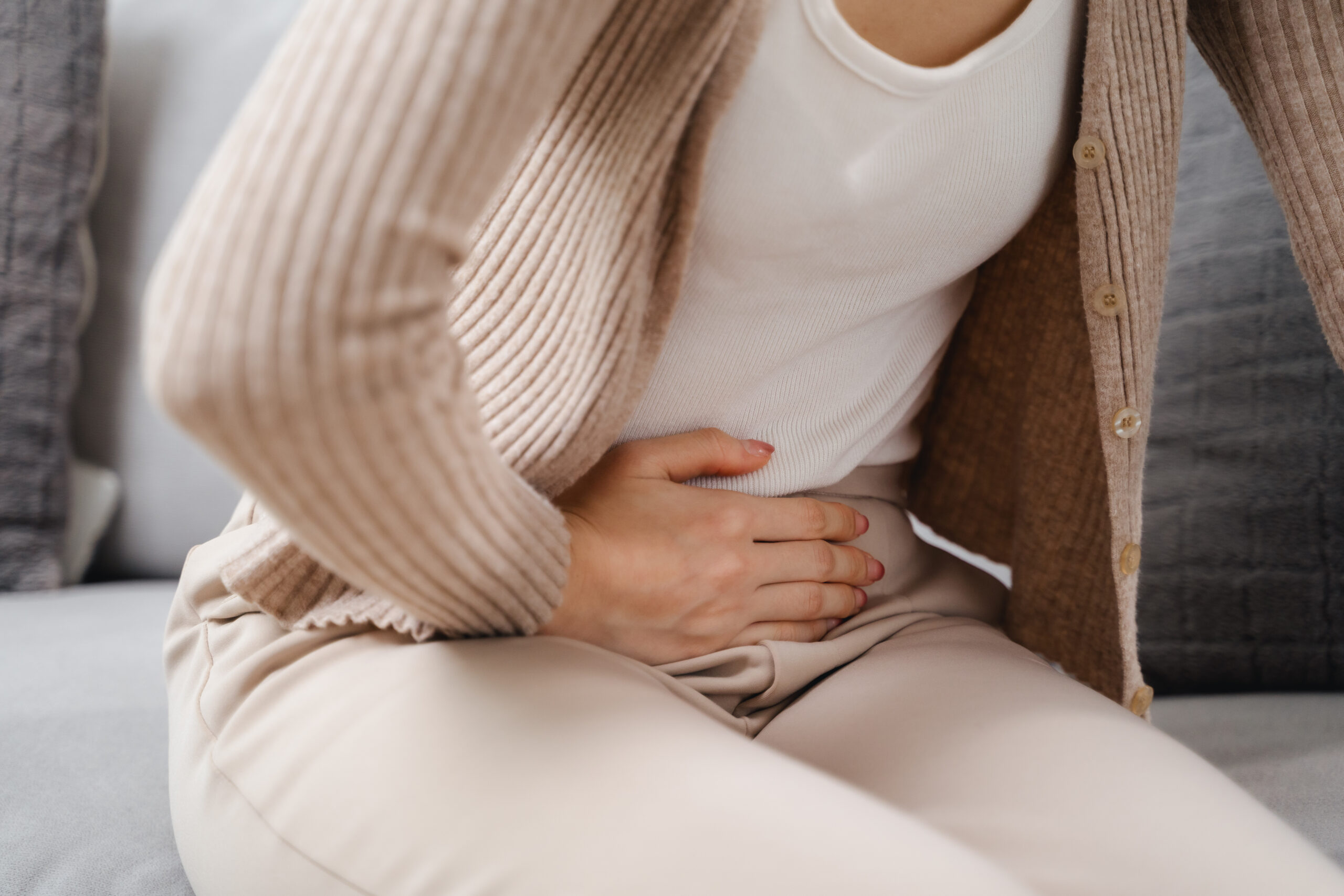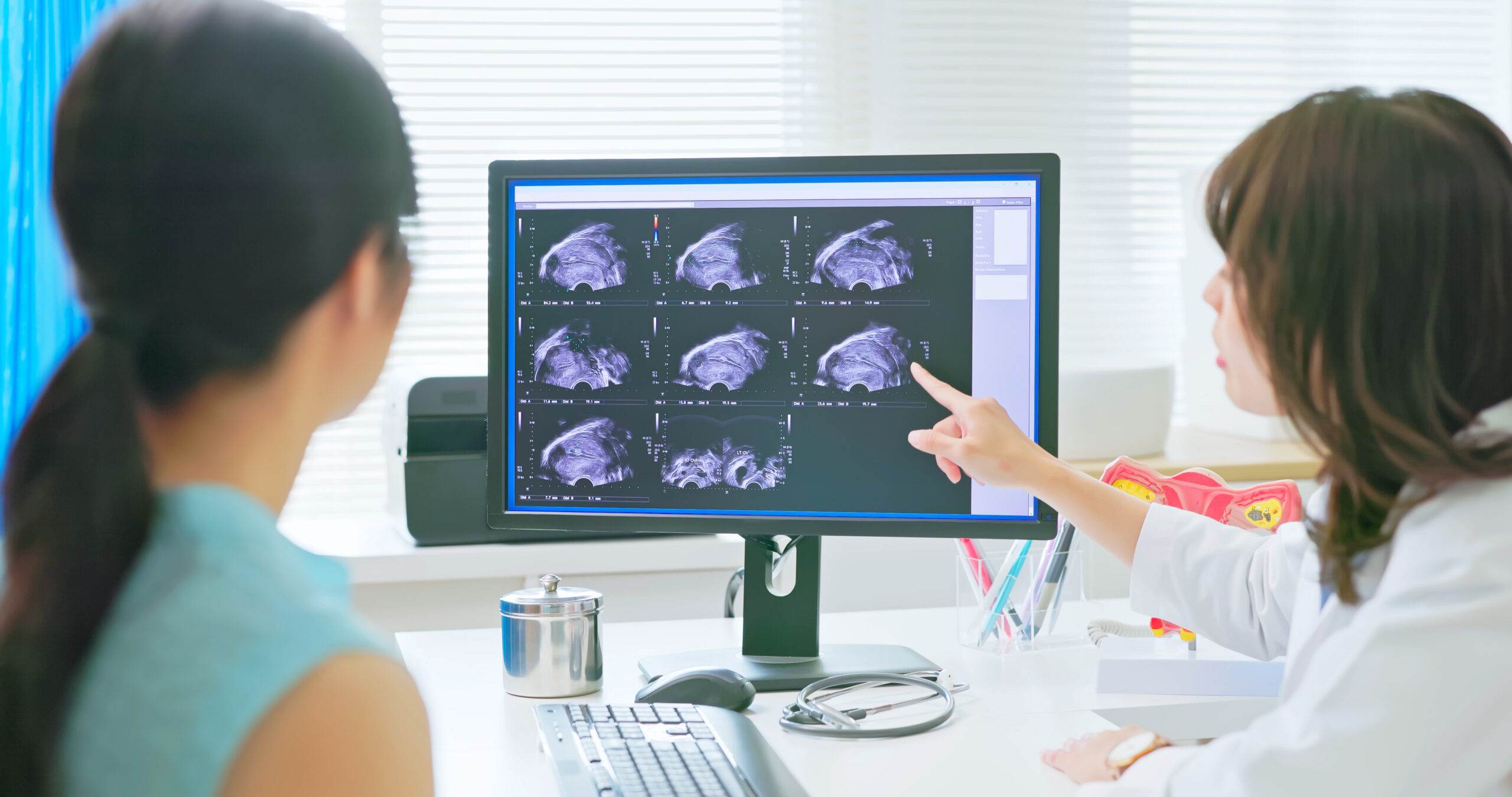
According to the Office on Women’s Health, more than 6.5 million women in the United States have endometriosis. While the condition is common, it isn’t necessarily well-understood.
Many people associate endometriosis with period pain. It’s true that the condition can cause severe period-related pain, but that’s not its only symptom. Endometriosis can have far-reaching effects on a woman’s physical, mental, cognitive, and emotional health.
Interested in learning more? March is Endometriosis Awareness Month, making it a good time to read up on the condition. Keep reading for a deep dive into the topic.

Defining Endometriosis
Endometriosis is a condition that causes uterine tissue to grow outside of the uterus. That tissue is called “endometrial tissue” or the “endometrium,” which is where the condition gets its name.
Normally, endometrial tissue grows along the uterine wall during the menstrual cycle and then sheds during a woman’s period. Endometriosis causes this tissue to grow in other locations in the body, most commonly on the outer surface of the uterus, the fallopian tubes, the ovaries, and the tissues that hold the uterus in place.
That presents a problem that can cause significant symptoms—during the menstrual cycle, endometrial tissue growing in any location in the body sheds. In the uterus, this tissue sheds and exits the body through the vagina, but in other parts of the body, there’s no easy way out.
Because endometrial tissue outside of the uterus can’t easily get out of the body, it grows and bleeds into areas where it shouldn’t. This can cause a variety of health issues, including:
- Blocked fallopian tubes
- Inflammation
- Intestinal and bladder problems
- Ovarian cysts
- Scar tissue and adhesions
While endometrial growths most often affect the uterus, fallopian tubes, and ovaries, the tissue can also grow in other parts of the pelvis, including the vagina, cervix, vulva, bowel, bladder, and rectum. Less commonly, endometrial growths can occur in the lungs, brain, skin, and other parts of the body.
How Endometriosis Affects the Body
As the endometrial tissue swells and bleeds each month, it can cause many symptoms. Most women with endometriosis experience some type of pain, though it can be felt in many different ways.
Some women may have intensely painful menstrual cramps, while others have chronic pain in the lower back or pelvis. Endometriosis can also cause intestinal pain, pain during or after sex, and pain when urinating or having a bowel movement.
Other symptoms of endometriosis can include:
- Abnormal vaginal bleeding, such as bleeding or spotting between periods
- Digestive problems such as diarrhea, constipation, bloating, or nausea
- Fatigue
- Heavy menstrual bleeding
- Infertility
It might surprise you to learn that endometriosis also increases the risk of developing certain mental health issues, including depression and anxiety. There’s good reason for that. A 2022 study found that more than two-thirds of women with endometriosis report mild or high psychological stress.
That stress can have many causes, including difficulty getting a diagnosis and diminished quality of life caused by the physical symptoms of endometriosis. Many women also report having their symptoms dismissed as “normal” menstrual pain.
A Whole-Body Health Condition
Endometriosis was long thought of as a condition affecting only the female reproductive system. It’s really much more than that.
For one, when endometrial growths can’t escape the body, they can cause inflammation in the affected body part—and in the rest of the body. Because of that, researchers now categorize endometriosis as a chronic, systemic disease, meaning it has an impact on the entire body.
While inflammation is a necessary bodily process, too much inflammation in the body can cause pain, increase the risk of developing physical and mental health conditions, and weaken the immune system, leading to more frequent infections.
That inflammation can cause physical stress on the body, which increases mental stress and the risk of mental health conditions, but there’s another reason why women with endometriosis are at a higher risk of anxiety and depression. Research conducted by Yale Medicine found that endometriosis can actually change gene expression and nerve conduction in the brain. These genetic changes increase the risk of conditions like anxiety, depression, and eating disorders.
Research has also found links between endometriosis and allergies, asthma, autoimmune diseases, chronic fatigue syndrome, and certain types of cancer.
The bottom line? Endometriosis can affect every aspect of your health. If you’re experiencing any symptoms that could be related to the condition, talk with your OB/GYN or another health provider to start working toward a diagnosis and treatment plan.
At West Tennessee Medical Group, we offer care for women at every age and stage of life. If you’re experiencing endometriosis symptoms, find a women’s health provider who can help.

